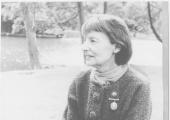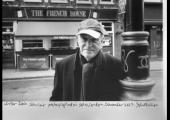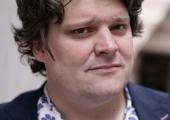Olga Tokarczuk: The Empusium review - paranoid prose

Antonia Lloyd-Jones translates a contagious work from a Nobel Prize winner
In his first of a series of meditations on the sickness that was consuming him, John Donne reflected upon the special kind of paranoia that attends the ill individual. Each person is, by virtue of "being a little world", supremely conscious of a change in the atmosphere.









